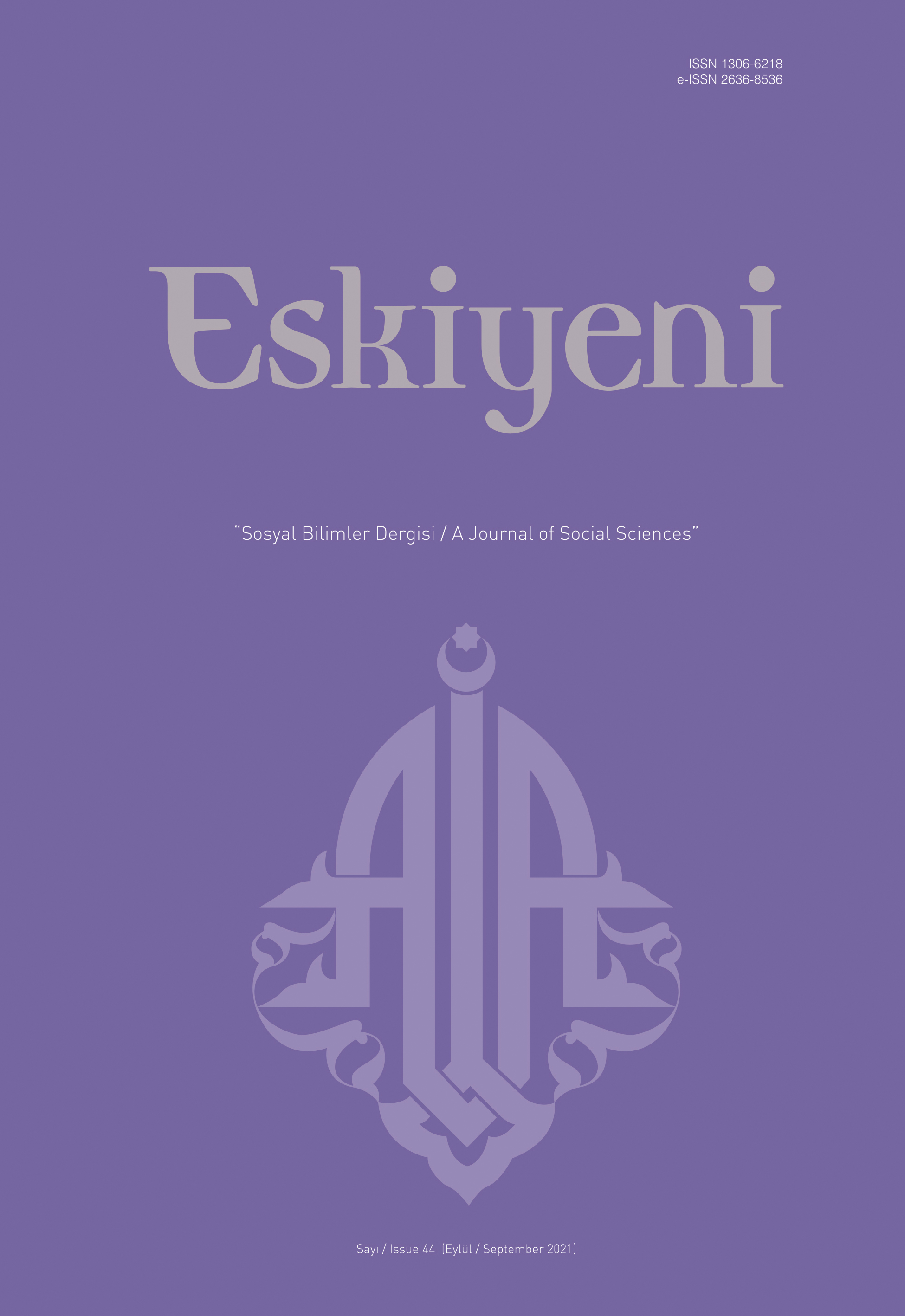İbn Receb el-Ḥanbelî’nin Buḫârî’ye Tenkidlerinin Değerlendirilmesi
Evaluation of Ibn Rajab al-Ḥanbelī’s Criticisms to al-Bukhārī
Author(s): Bahadır OpusSubject(s): Theology and Religion, Islam studies
Published by: Anadolu İlahiyat Akademisi
Keywords: Hadith; Bukhārī; al-Jāmiʿ al-ṣaḥīḥ; Ibn Rajab; Fatḥ al-Bārī; Criticism;
Summary/Abstract: al-Bukhārī's al-Jāmiʿ al-ṣaḥīḥ has been accepted as the most reliable book after the Qur’ān and has always managed to rank at the forefront among other hadith books. However, al-Jāmiʿ al-ṣaḥīḥ was not spared from criticism, but was criticized in some ways. These criticisms can be considered under two headings as sanad (chain of narrations) and matn (text-based) criticism. Criticisms based on the matn make reference to issues such as inaccuracies in information about some personal names mentioned in the texts, errors in understanding about some words and phrases, and non-compliance with historical facts. On the other hand, the criticisms in terms of the sanad are concentrated on the situation of the narrators in terms of al-jarh wa al-ta‘dil (wounding and rectifying) and ittisāl (continuation) and inqita’ (interruption) in the sanad. One of those who criticized al-Jāmiʿ al-ṣaḥīḥ was Ibn Rajab al-Ḥanbalī. In this study, some criticisms of Ibn Rajab al-Ḥanbelī, who lived in the eighth century of the hijri and produced works in different fields of Islamic sciences, but were mostly known for his hadith, against al-Bukhārī in his commentary of al-Jāmiʿ al-ṣaḥīḥ named Fatḥ al-Bārī were examined.Ibn Rajab’s criticisms are discussed under four headings. It has been focused on the criticism of wahm for sanad. Under this title, two separate sanad, which Ibn Rajab claims to be delusions, are examined. The striking point for both criticisms on the grounds of being delusional is that the criticism focused on al-Bukhārī's choice of companion narrators (rawi). So, even if both criticisms are accepted, it cannot be said that they directly affect the soundness of the hadith. Because, this issue, which is expressed as “companion’s mursal”, was not seen by many scholars as a defect that undermines the soundness of the hadith. Criticism of idrāj (interpolation) for the text has been handled and three different examples that have been identified have been examined. Identifying the idrāj is important because it will help to distinguish between the words of the Prophet and the words of the narrators and to reach the correct hadith text. Another of Ibn Rajab’s criticisms towards al-Bukhārī was on al-Bukhārī’s preference for chapter titles (tarājim). Chapter titles, which are a reflection of al-Bukhārī’s understanding of jurisprudence, are among the subjects that commentators attach importance to. Ibn Rajab also dwelled on this subject and made some suggestions that there was no harmony between some of the chapter titles that al-Bukhārī determined and the hadith/hadith he mentioned under it. In this study, three examples that Ibn Rajab directed to al-Bukhārī from the subject of bāb titles are emphasized. The last subject of criticism dealt with is about some of al-Bukhārī’s jurisprudence inferences. al-Bukhārī’s main goal in compiling al-Jāmiʿ al-ṣaḥīḥ is to collect some of the sound hadiths. However, he also reflected his fiqh views on his work. Ibn Rajab agreed with some of al-Bukhārī’s jurisprudence inferences and criticized some of them. In this study, three different criticisms of Ibn Rajab on al-Bukhārī’s fiqh istinbāt (extracting legal rulings) are emphasized.Although the main aim of the study is to evaluate the criticisms of Ibn Rajab, it is not only contented with this, but also it is aimed to add richness to the study by conveying the views of Ibn Ḥajar and other important al-Bukhārī commentators on the subject. Ibn Rajab’s criticism of al-Bukhārī from different angles shows that he is not a defensive al-Bukhārī commentator.
Journal: Eskiyeni
- Issue Year: 2021
- Issue No: 44
- Page Range: 525-547
- Page Count: 23
- Language: Turkish

